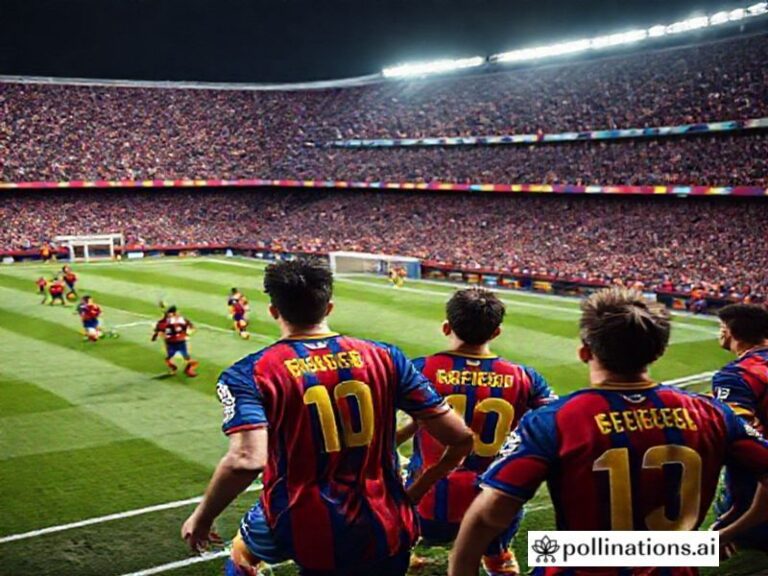Mariners Game Reverberates From Vladivostok to Brussels: How One Seattle Snoozefest Moves Global Markets
Somewhere above the 47th parallel, under a sky the color of old pewter, the Seattle Mariners are playing baseball—an activity that, to the uninitiated, looks like nine men in pajamas trying to swat a pill while the rest of the planet negotiates grain corridors and microchip embargoes. Yet on this particular evening the Mariners game is being live-tweeted in four languages, streamed across six continents, and watched by a bleary-eyed commodities trader in Singapore who has bet a modest fortune on the over/under because the yen is behaving like a drunk tourist. International significance? Absolutely. Humanity has simply outsourced its existential dread to sports, and the Mariners—lovable, futile, occasionally radiant—are tonight’s chosen vessel.
Consider the supply chain: the maple in Julio Rodríguez’s bat began life in Upstate New York, crossed the Canadian border disguised as lumber futures, was kiln-dried in Nagano, and finally lathed in a Tijuana workshop whose owner now hedges peso exposure with Bitcoin. Each foul tip is therefore a miniature trade war. When Ty France lines a single to right, a container ship in the Strait of Malacca adjusts course imperceptibly—one fewer carton of official MLB bobbleheads required in Busan this quarter. The butterfly effect has been privatized, and it wears cleats.
Meanwhile, European insomniacs are treated to the dulcet tones of a British play-by-play man translating “can of corn” into “rather straightforward aerial catch,” a phrase that sounds aristocratic until you remember most British listeners think baseball is rounders for people who eat out of helmets. Across the former Eastern Bloc, the game is bundled into streaming packages alongside Turkish telenovelas and Korean boy-band documentaries—proof that late-stage capitalism will sell you anything except the concept of bedtime. In Nairobi, a university dorm’s Wi-Fi wheezes as students debate whether the designated hitter is a moral failing or merely American pragmatism disguised as entertainment. Consensus: both.
Back in the ballpark, the geopolitics grow intimate. A foul ball arcs toward Section 132, where a software engineer on an H-1B visa reflexively protects his laptop containing proprietary code for optimizing drone strikes. He catches the souvenir one-handed, earning high-fives from strangers who will forget his face by the seventh-inning stretch. The ball itself was stitched in a Costa Rican factory whose workers earn less per hour than the stadium charges for a single garlic fry, but let’s not sour the mood—there’s a marriage proposal on the Jumbotron, and the happy couple has already registered at REI, whose quarterly earnings depend partly on whether the Mariners make the wild card. Romance, like everything else, is leveraged.
At the micro level, the game is timeless: pitcher versus batter, grass versus gravity, hope versus history. At the macro level, it is a distributed ledger of global anxieties. When the closer blows a three-run lead, Reddit threads bloom in Portuguese, Hindi, and Finnish, each offering unique cultural spins on the concept of choking. A hedge fund in Geneva auto-sells aluminum futures because someone’s algorithm read “bullpen collapse” as bearish for commodities sentiment. And in a windowless room beneath the stadium, the Mariners’ analytics intern—degree in applied physics, minor in nihilism—updates the win-probability model that will decide whether the team trades its best prospect for a rental reliever. The intern knows the model is only as good as the universe is kind, which is to say not very.
By the time the final out lands in a catcher’s mitt stamped “Made in Taiwan,” the sun is rising over the Sea of Okhotsk. Somewhere in Vladivostok, a cab driver pockets a fistful of rubles won on a whim bet placed at 3 a.m. In Brussels, an EU trade delegate yawns through a breakfast briefing, unaware that the previous night’s sacrifice bunt influenced her briefing notes on U.S. soft-power exports. And in Seattle, 30,000 people shuffle into the damp night convinced that next year will be different—a delusion so charming it might as well be UNESCO-listed.
Baseball, after all, is the only sport that admits time is undefeated, then schedules 162 rematches. The rest of us just live in extra innings.







